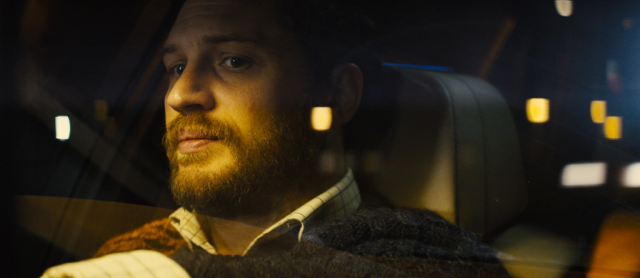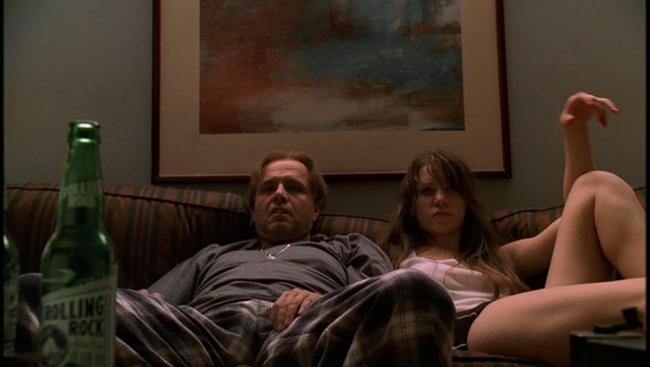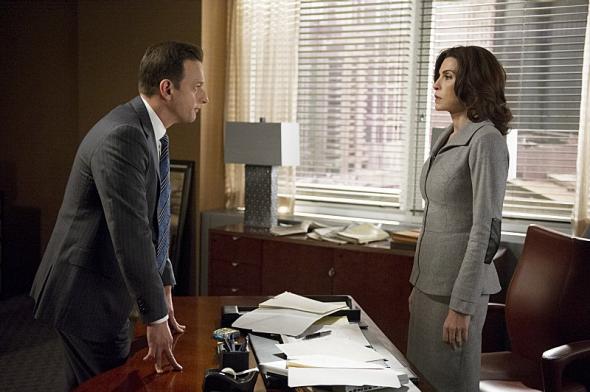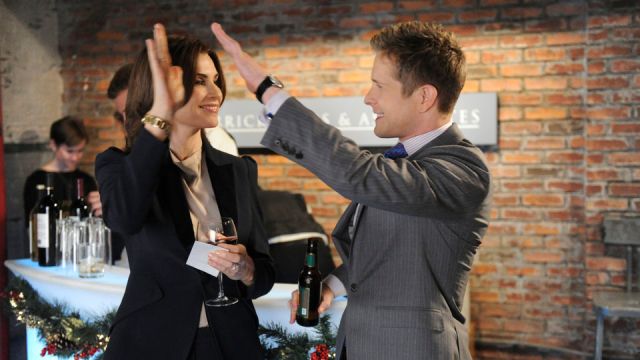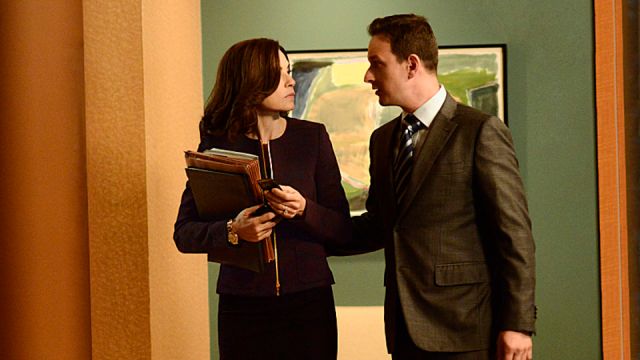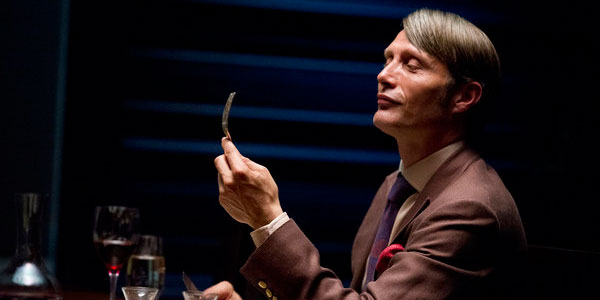By Jake Pitre
Our culture has a problem with answers. Or rather, with its incessant need for them. We need our stories wrapped up as succinctly and cleanly as possible (Breaking Bad, Fargo), and we need to know What It All Means. I don’t know if I could possibly pinpoint when this cultural demand started, but the ending of Lost could only have deeply intensified it. The outrage following that show’s finale was quick, vibrant and pure. “That’s it?”, many collectively wondered. Where’s my answers? What did it all mean? What did I just spend six years of my life on? I’m owed answers!
It’s this entitlement that irks me the most. One doesn’t have to agree with me about Lost or its (widely misunderstood imo) finale, but to dislike the show because you felt like it owed you answers to all your questions is truly misguided and obnoxious. Entitlement in general is perhaps the most unattractive trait one can have, and to apply it to a piece of art is childish. Carlton Cuse and Damon Lindelof did not owe you anything in terms of telling that story.
Beyond that, why do we feel the need for all the answers in the first place? My assumption has always been that it is some psychological requirement of complete closure, so that a door can be closed and life can comfortably go on. Ambiguity is scary because we have to decide what kind of person we want to be by confronting how we fill in the remaining gaps – did Tony Soprano get away or go down? Will Dale Cooper ever get out of the Black Lodge, or will he rot in there eternally? When a story doesn’t really end when it ends, the gaps left in its wake are nagging black holes that drive us wild.
Relatedly, there are those that criticize Lana Del Rey because she is inauthentic, whether in terms of plastic surgery, parental career assistance or lifestyle. True to her initial status as an Internet-borne star, her past was scoured by people online. It quickly emerged that her real name was Elizabeth Grant, that she was sent to boarding school when she was 15 due to her alcoholism, that she was in a cult for a short amount of time, that she had been in a seven-year relationship with the head of a record label, that her actual debut album was uploaded to iTunes for a brief time before being taken down, and on and on. Each new piece of information uncovered a new piece of the supposed “puzzle”.
To be fair, Del Rey’s mysteriousness and unknown quality practically begged the Internet to go looking for the truth, though that mysteriousness seems integral to her image and persona. Even today, after all of these “revelations”, she is an unknowable entity, occasionally giving us eccentric tidbits like rejecting feminism or her interest in SpaceX. This specific cultivation of a pop persona is completely unique in 2014, and no rumour about fake lips will ultimately detract from what she’s doing.
This foregrounds the uneasy relationship between Del Rey and our culture. When a pop star withholds personal information and perhaps obsessively calculates how to present themselves, it makes us suspicious, but that is only part of the Lana Del Rey phenomenon. What exists with her more than with any other contemporary artist is the mass frustration over how much of this persona she revels in is real and how much is theatre. With pop artists like Katy Perry and even Lady Gaga, it is far easier to tell what is artificial. With Del Rey, it’s more difficult to determine. She talks of her lyrics being autobiographical, but sometimes the tone is so tongue-in-cheek (“Brooklyn Baby”) that one believes she must be making fun of this lifestyle she presents, at least a little bit.
When she tells an interviewer that she wishes she was dead (which should not have come as a surprise to people if they’d listened to any of her lyrics, wherein she frequently says as much), the Internet doesn’t know if it should take it seriously. The thinkpiece writers come out in droves (*waves*). Does she really want to die? Is she just trying to further position herself within the sad girl aesthetic that she so often glamourizes? Or is she doing that and simultaneously making fun of it? If so, is it okay to make light of and lie about depression, especially as a public figure?
To be honest, I don’t care, and I don’t think anyone else should, either. There are those that love Lana Del Rey because they identify with her sad girl aesthetic, there are those that like her ironically for the same or similar reasons, and there are those that fall somewhere in the middle (*waves again*). The beauty of Lana Del Rey is this: we have no idea how disingenuous this all is, if at all. And it doesn’t matter, which she clearly understands fundamentally. To dismiss or dislike an artist because you believe they are faking it to some degree is puzzling to me. This is why I brought up Lost at the start – where does this cultural emphasis on (satisfying and complete) answers come from? Why is it understood to some that unless one knows how real their art is, or have all the answers, it must be revolted against?
This brings up the parallel issue of poptimism versus rockism, which I will not drag myself into, but it partly boils down to the idea that some music is more artificial than other music. The truth is, in music and across all mediums, artists are always posturing and are intrinsically “putting on a show”. I won’t necessarily come at it from a gendered perspective because Lana would disapprove, but does anyone criticize Bob Dylan or David Bowie for being disingenuous in their art and in their images? Is there a demand to know how much of it is real, and how much is performance? When one puts this emphasis on how real our artists are and how authentic their art is, it is disrespectful to the craft of creating art and emblematic of a deep misunderstanding of where art’s value comes from.

